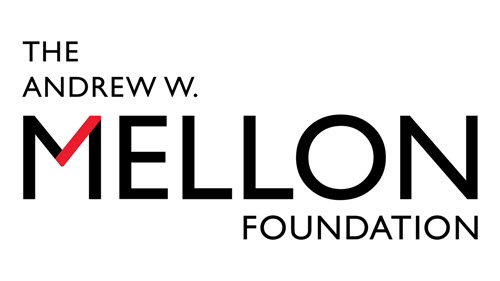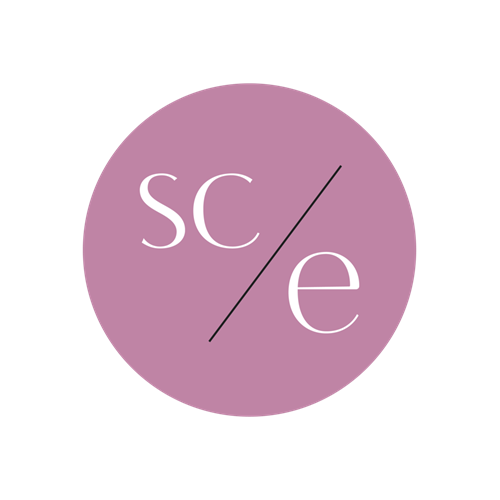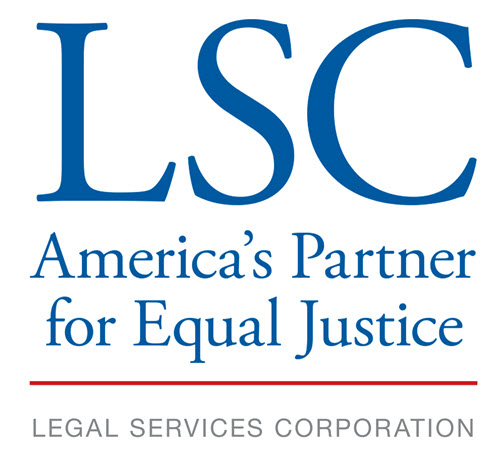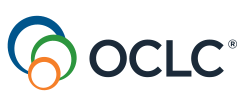Improving Access to Civil Legal Justice through Libraries
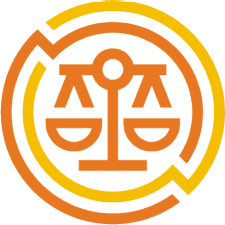
Through a partnership with Legal Services Corporation (LSC) and expert guidance from law librarians, WebJunction developed and delivered specialized training for US public library staff. This training aims to strengthen library staff's ability to identify civil legal issues and connect community members with the necessary resources.
Available on-demand through WebJunction's Course Catalog, these courses empower library staff to help bridge the justice gap in their communities. By connecting people in need of civil legal help with reliable information, resources, and services, library staff play a vital role in expanding access to civil legal justice. More than 1,100 library staff have already enrolled in these courses.
Learning opportunities
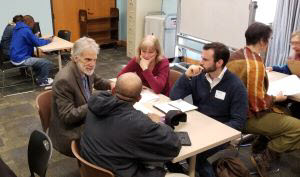
- Creating Pathways to Civil Legal Justice: Four on-demand courses for library staff. Learn more about the courses, including a short video introduction.
- Navigating Civil Legal Issues of Natural Disasters: Three on-demand courses addressing civil legal issues that community members face after natural disasters. Learn more about these courses.
- September 2022 webinar, Civil Legal Issues of Natural Disasters: Libraries Can Help, for an introduction to the topic and courses.
- Learning Groups for Creating Pathways for Civil Legal Justice Courses: Guidance on leading a group of colleagues taking these courses together.
- Learning Groups for Navigating Civil Legal Issues of Natural Disasters Courses: Tips on facilitating group learning for these courses.
Additional key resources
- Eviction Resources for Libraries: Resources to help library staff confidently respond to eviction-related questions.
- Partnering with public libraries: Information for legal aid organizations (pdf) and law libraries (pdf).
Learn more about the role libraries can play in providing access to civil legal justice in this 9-minute presentation by Betha Gutsche, WebJunction Program Manager:
Libraries help close the justice gap
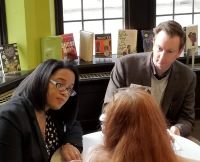
Libraries are trusted, familiar places where many community members turn for information and resources. They can play a crucial role in closing the justice gap by helping people navigate the complexities of civil legal issues.
However, it can be difficult for library staff to recognize civil legal issue problems or know how to share information without offering legal advice. WebJunction's training addresses these challenges by teaching:
- How to conduct effective reference interviews in civil legal contexts.
- How to distinguish between providing legal information and giving legal advice.
- How to build relationships with law libraries and legal aid organizations.
Building knowledge and confidence
The project evaluation from 2021 revealed significant impacts:
- 91% of participants felt more confident.
- 84% felt more knowledgeable about recognizing the difference between giving legal advice and providing legal information.
- 85% felt they learned how to identify specific legal issues during patron introductions.
- 77% felt more confident in conducting reference interviews related to civil legal matters.
Stay up to date
WebJunction posts new content on civil legal topics which you can find:
- on the legal reference topic page,
- through our enewsletter, Crossroads, and
- on social media: Facebook and LinkedIn
All self-paced courses remain free and accessible through the WebJunction Course Catalog.
This project was made possible in part thanks to financial support from these organizations
About Legal Services Corporation (LSC)
LSC is a publicly funded, 501(c)(3) nonprofit corporation established by the United States Congress. It seeks to ensure equal access to justice under the law for all Americans by providing funding for civil legal aid to those who otherwise would be unable to afford it.
Photos courtesy the Cleveland Public Library and The Legal Aid Society of Cleveland, who partner in providing monthly legal clinic hosted at the Cleveland Public Library.
Short URL: oc.lc/legal-justice-project
Related Topics
In the media
- Talk Justice podcast episode, The Role Libraries Play in Closing the Justice Gap
- Urban Libraries Council blog post, Improving Access to Civil Legal Justice Through Public Libraries
- Hanging Together blog post, Online training prepares library staff to address the civil legal justice gap

